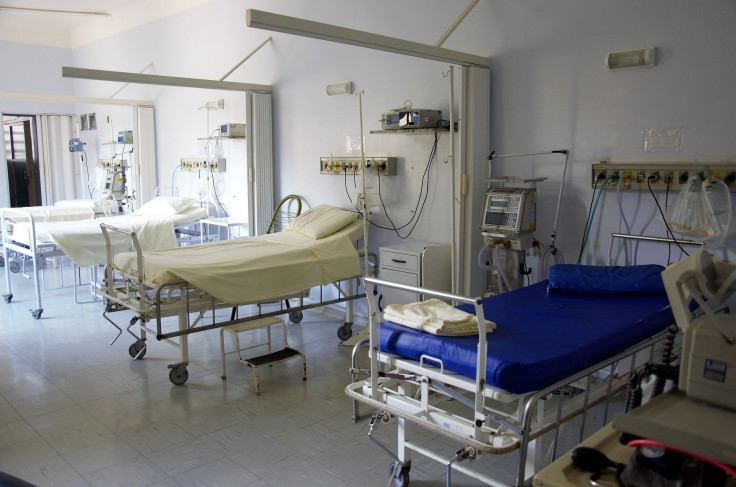When Do Omicron Symptoms Start And When To Get Tested After COVID-19 Exposure?
KEY POINTS
- COVID-19 symptoms could appear two to 14 days following exposure
- A person can become contagious days before and after symptoms appear
- Asymptomatic people can also transmit the virus
The number of COVID-19 cases caused by the new Omicron variant continues to surge across the United States, making it that much more important for people to know when symptoms appear following exposure and what to do if they suspect a COVID-19 infection.
The Omicron variant, first discovered in South Africa in November, is believed to have a shorter incubation period than other COVID-19 variants. People infected with Omicron now take less time to develop symptoms and less time to become infectious.
"As we've seen these new variants develop - delta, now omicron - what we're seeing is everything gets sped up from a COVID perspective," Dr. Allison Arwady, commissioner at the Chicago Department of Public Health, said in a Thursday briefing.
On Dec. 27, the Centers for Disease Control and Prevention released new guidance to reflect the changes in the behavior of the Omicron variant.
When Do COVID-19 Symptoms Appear?
Earlier guidance from the CDC said COVID-19 symptoms appeared between two to 14 days after exposure.
The CDC encourages anyone exhibiting symptoms or those who may have been exposed to someone with COVID-19 to get tested.
When Can A Person Transmit COVID-19?
Unlike other COVID-19 variants, a person infected with Omicron could already become contagious one to two days before symptoms first appear and two to three days afterward, the latest guidance noted, citing growing evidence of the changes in the virus’ transmission.
The health agency also warned that people who do not exhibit COVID-19 symptoms are also contagious at least two days before their positive test.
When Should You Get Tested After A Potential Exposure?
The CDC advises people to get tested five days after they were exposed to anyone with COVID-19 or as soon as they begin exhibiting symptoms.
However, Dr. Ngozi Ezike, director of the Illinois Department of Public Health, warned people who got tested early to continue testing even if they get a negative result, citing changes to the variant’s incubation time.
"Obviously if you're symptomatic, you test right away. But you know, if you want to test at two days, but that negative test... the two days should not make you think, 'Oh good, I'm clear,' you know?” Ezike told NBC Chicago.
“You might want to test again and of course symptoms, you cannot ignore - scratchy throat, headaches, all kinds of symptoms - anything new can be a symptom of this new illness."
How Long Is The Quarantine or Isolation Period?
According to the updated CDC guidance, people who are unvaccinated and have been within six feet of someone with COVID-19 for at least 15 minutes in a single day are advised to quarantine for five days. The same guidance is extended to vaccinated people who received their last dose six months out.
People who finish the five-day quarantine period and are no longer exhibiting symptoms should wear face masks or coverings for an additional five days. People who have been isolated for five days but continue to show symptoms are advised to stay home until the symptoms disappear.
Fully vaccinated and boosted people who have been exposed to someone with COVID-19 are not required to undergo a quarantine period. However, they are urged to wear a mask for at least 10 days following exposure.

© Copyright IBTimes 2024. All rights reserved.






















